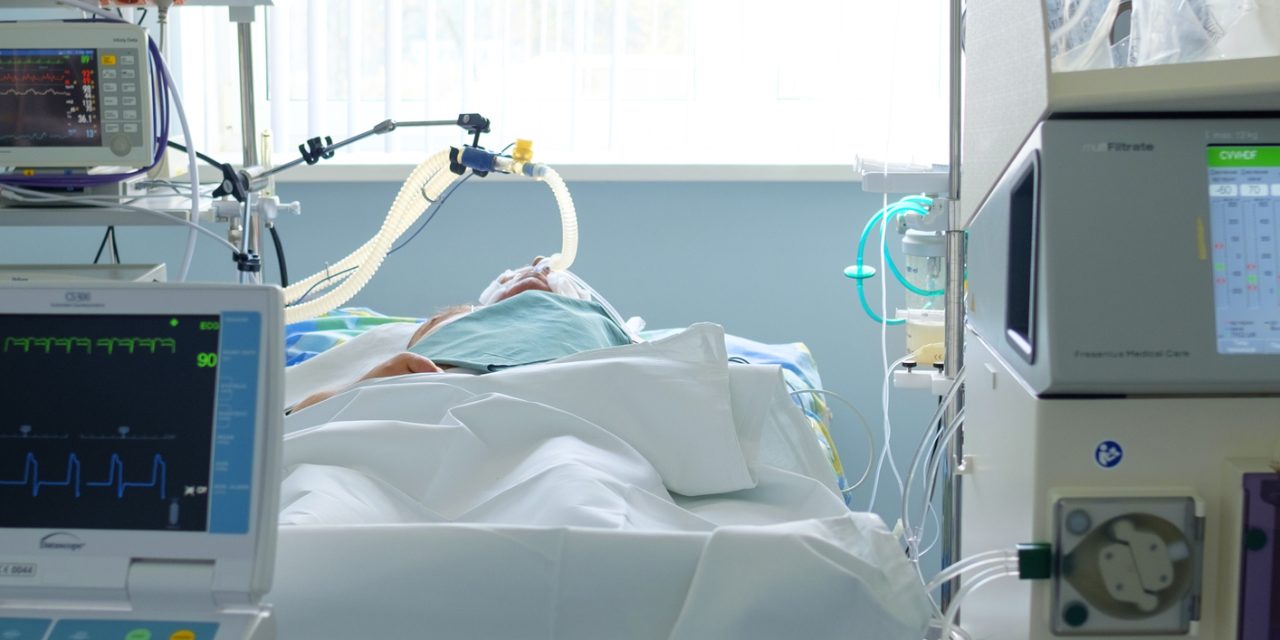Non-emergency percutaneous coronary intervention (PCI) has lower risk of stroke than emergency PCI. With increasing elective PCI and increasing risk of stroke after PCI, risk factors for stroke or transient ischaemic attack (TIA) in non-emergency PCI and long-term outcomes needs to be better characterised. We aim to identify risk factors for cerebrovascular accidents in patients undergoing non-emergency PCI and long-term outcomes after stroke or TIA.
A retrospective cohort study was performed on 1724 consecutive patients who underwent non-emergency PCI for non-ST-segment elevation myocardial infarction (NSTEMI), unstable and stable angina. The primary outcomes measured were stroke or TIA, myocardial infarction (MI) and all-cause death.
Upon mean follow-up of 3.71 (SD 0.97) years, 70 (4.1%) had subsequent ischaemic stroke or TIA, and they were more likely to present with NSTEMI (50 [71.4%] vs 892 [54.0%], OR 2.13 [1.26-3.62], p = 0.004) and not stable angina (19 [27.1%] vs 648 [39.2%], OR 0.58 [0.34-0.99]). Femoral access was associated with subsequent stroke or TIA compared to radial access (OR 2.10 [1.30-3.39], p < 0.002). Previous stroke/TIA was associated with subsequent stroke/TIA (p < 0.001), death (p < 0.001) and MI (p = 0.002). Furthermore, subsequent stroke/TIA was significantly associated with subsequent MI (p = 0.006), congestive cardiac failure (CCF) (p = 0.008) and death (p < 0.001).
In patients undergoing non-emergency PCI, previous stroke/TIA predicted post-PCI ischaemic stroke/TIA, which was associated with death, MI, CCF.
Copyright © 2021 Elsevier Inc. All rights reserved.
Long-Term Outcomes of Stroke or Transient Ischemic Attack after Non-Emergency Percutaneous Coronary Intervention.


